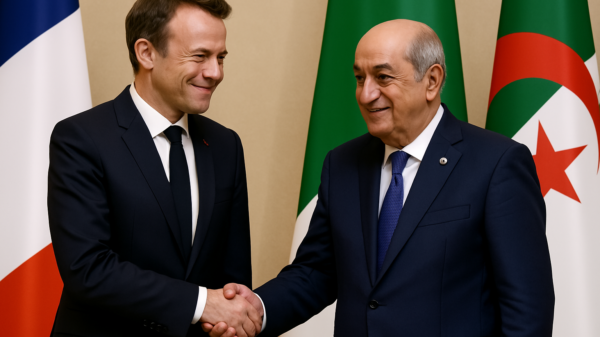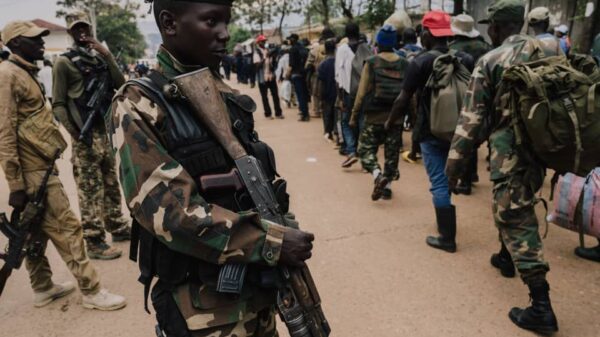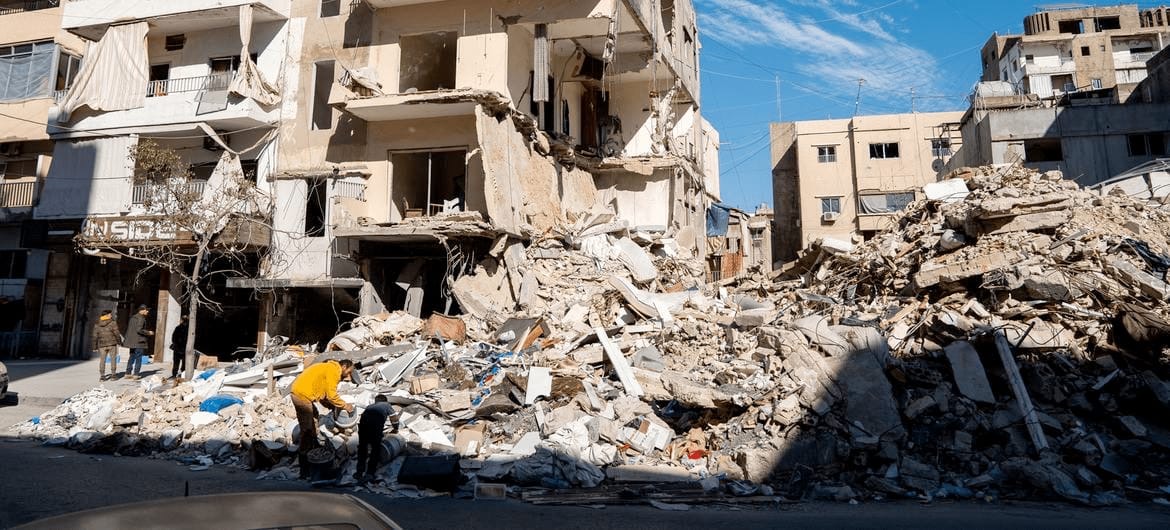The UN and Lebanon have unveiled a $371.4 million extension of the Lebanon Flash Appeal to provide life-saving assistance to civilians affected by the recent conflict and ongoing humanitarian crisis.
Announced at the Grand Serail in Beirut by Deputy Prime Minister Saade el-Shami and UN Humanitarian Coordinator Imran Riza, the appeal extends emergency efforts through March 2025.
It builds on the original Flash Appeal launched in October 2024, following the largest escalation of conflict since the 2006 Lebanon War.
This extension targets immediate relief for the most vulnerable populations – Lebanese citizens, Syrian and Palestinian refugees, and migrants – while complementing the Lebanon Response Plan (LRP), which serves as the overarching framework for humanitarian and stabilisation efforts.
Key priorities include food assistance, winterisation support, emergency repairs, and civilian protection to address the gaps in health care, water, and education infrastructure delivery.
Despite the severe crises the country has endured over the past 15 years, Riza described 2024 as one of Lebanon’s darkest years, marked by widespread devastation.
The conflict, which began in October 2023 and intensified over a devastating six-week period from late September to early November 2024, caused over 4,000 deaths, 16,000 injuries and displaced more than one million people.
The destruction of homes, critical infrastructure, and essential services further deepened the suffering of those affected.
Despite the cessation of hostilities, over 125,000 people remain displaced and hundreds of thousands attempting to return to their homes are “grieving, struggling and searching for a path forward”, Riza described.
The Minister of Environment and Coordinator of the Government Emergency Committee, Nasser Yassin explained: “While additional humanitarian assistance is essential, Lebanon’s institutions and public sector also require significant support to prevent the collapse of basic and social services.”
“Similarly, municipalities and local authorities urgently need emergency funding to maintain their operations, given their frontline role and the heavy burden they bear as a result of the war,” he added.
Beyond physical destruction, the psychological impact of the war remains deep, with many people – especially children – suffering from trauma that may persist for years.
Riza called for continued international support to help the country through the winter months and begin recovery.
Alongside the UN, the Lebanese Government remains committed to leading a coordinated, transparent, and accountable response.
Deputy Prime Minister Saade el-Shami explained: “We aim to focus together on bridging immediate humanitarian needs with long-term recovery planning, in the most efficient and transparent way.”
Meanwhile, children’s agency UNICEF is providing food and essential items to vulnerable families returning from Syria and facing severe difficulties.
“This is part of several distributions we’re doing in several locations in collaboration with a number of partners such as the Lebanese Red Cross,” Akhil Iyer, UNICEF Representative in Lebanon said.
Sustained funding and resources are essential to stabilise the situation, deliver aid to those in need, and enable Lebanon’s recovery from one of the darkest chapters in its modern history.




























